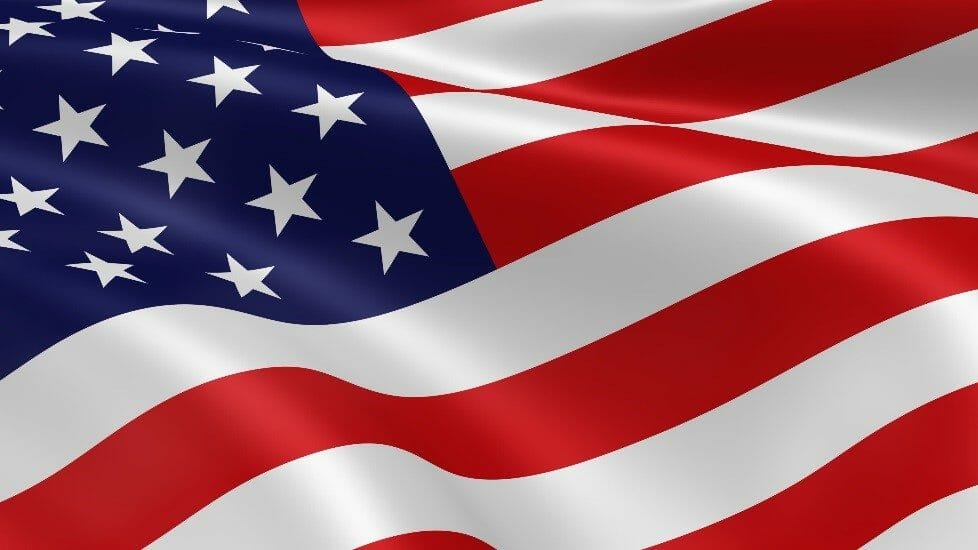|By Daniel Pullin, Publishing Assistant|
In a few months’ time, the day millions of people have been waiting for will finally be upon us: Election Day in the United States. For the first time in eight years, a new President will be elected to the White House. Pitching effervescent Republican Donald Trump against the more sedate Democrat Hillary Clinton, long months of campaigning will come to an end in what is potentially the most globally scrutinised election ever known. The successor to Barack Obama will finally be revealed.
While the level of fanfare surrounding the 2016 election may appear unprecedented, there have been a few notable elections in the US over the years which have come close to matching this year’s furore:
- 1948: Harry S. Truman (Democrat) vs. Thomas E. Dewey (Republican)
- 1960: John F. Kennedy (Democrat) vs. Richard M. Nixon (Republican)
- 2000: Al Gore (Democrat) vs. George W. Bush (Republican)
Using Chatham House Online Archive’s expert analysis, some striking continuities emerge across all three elections.
Firstly, uncertainty. Particularly in 1948, the difficulty in predicting the winner is clear from the contemporary material. One speaker, an economics professor no less, was so confident in Republican candidate Thomas E. Dewey that he asked ‘what can we expect after Dewey is elected’? No wonder the Chicago Tribune mistakenly proclaimed Dewey’s victory the night before…
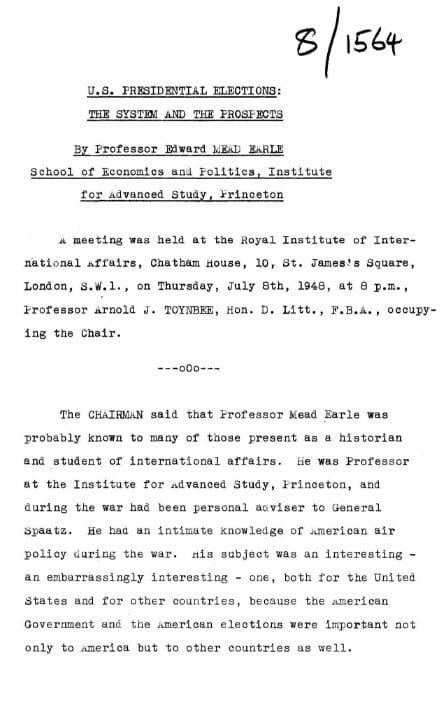
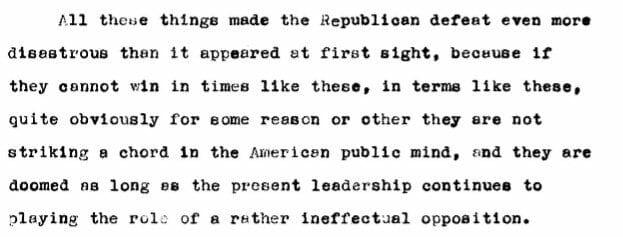
Closely linked is the second theme: the complexity of the electoral system. Even now, as we approach the 2016 contest, the US electoral process takes some working out. Back in 1960, one commentator bemoaned the ‘indirect election’ stage of the process as especially confusing for voters; they were (and still are) voting for an electoral representative rather than one of the two candidates. The confusion this could cause was perhaps underlined by the result of the 2000 election. George W. Bush’s victory was the closest in US election history – so close that a recount of the decisive Florida state was ordered and the Supreme Court had to get involved to determine the outcome. One New York Times journalist described the system as ‘chaotic’ in a Chatham House speech.
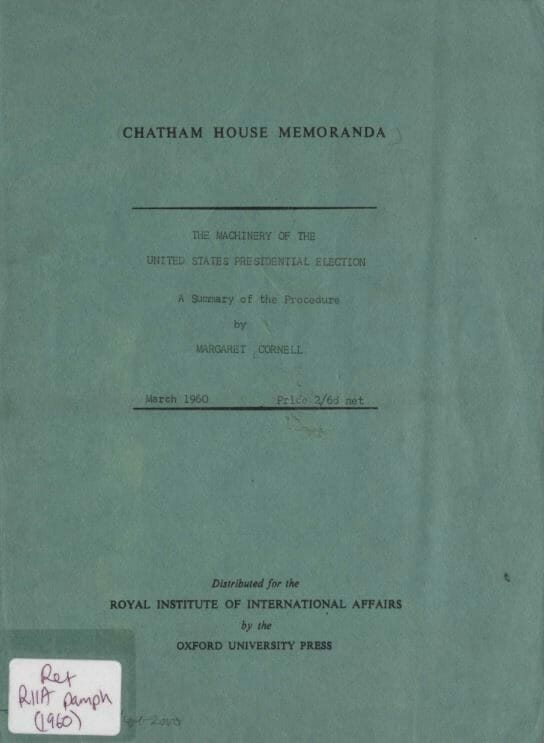
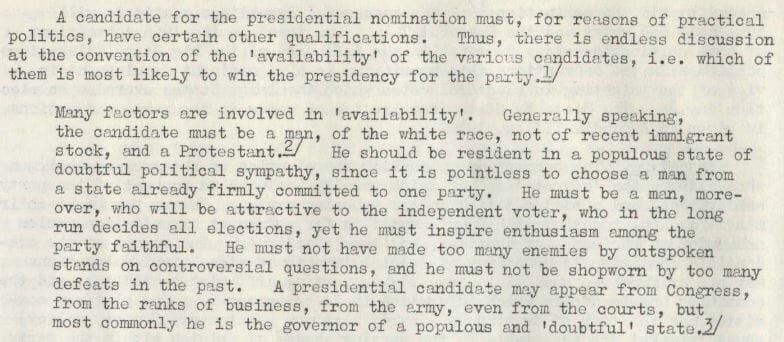
Alongside uncertainty and the vagaries of the election machinery as a recurring theme was the significance of personality. Whether it was an authoritative radio voice (a decisive factor for Truman), building a rapport with social minorities (as John F. Kennedy did in 1960) or refraining from appearing wooden and aloof (see Al Gore in 2000), the person behind the policies was a huge factor in swaying the electorate. This autumn, televised debates will ensure this trend continues, as the flamboyant Donald Trump clashes with the more sedate Hillary Clinton.

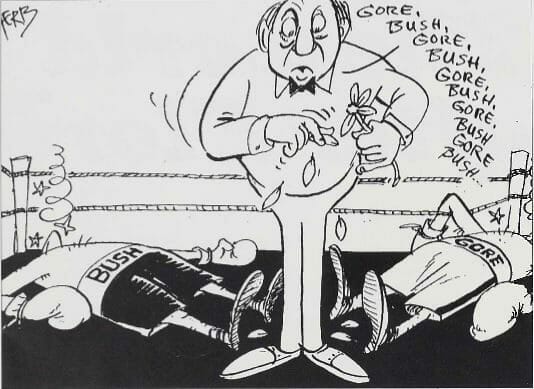
With recent polls suggesting another closely fought contest, it is hard to see uncertainty or debates over the electoral system disappearing soon.

